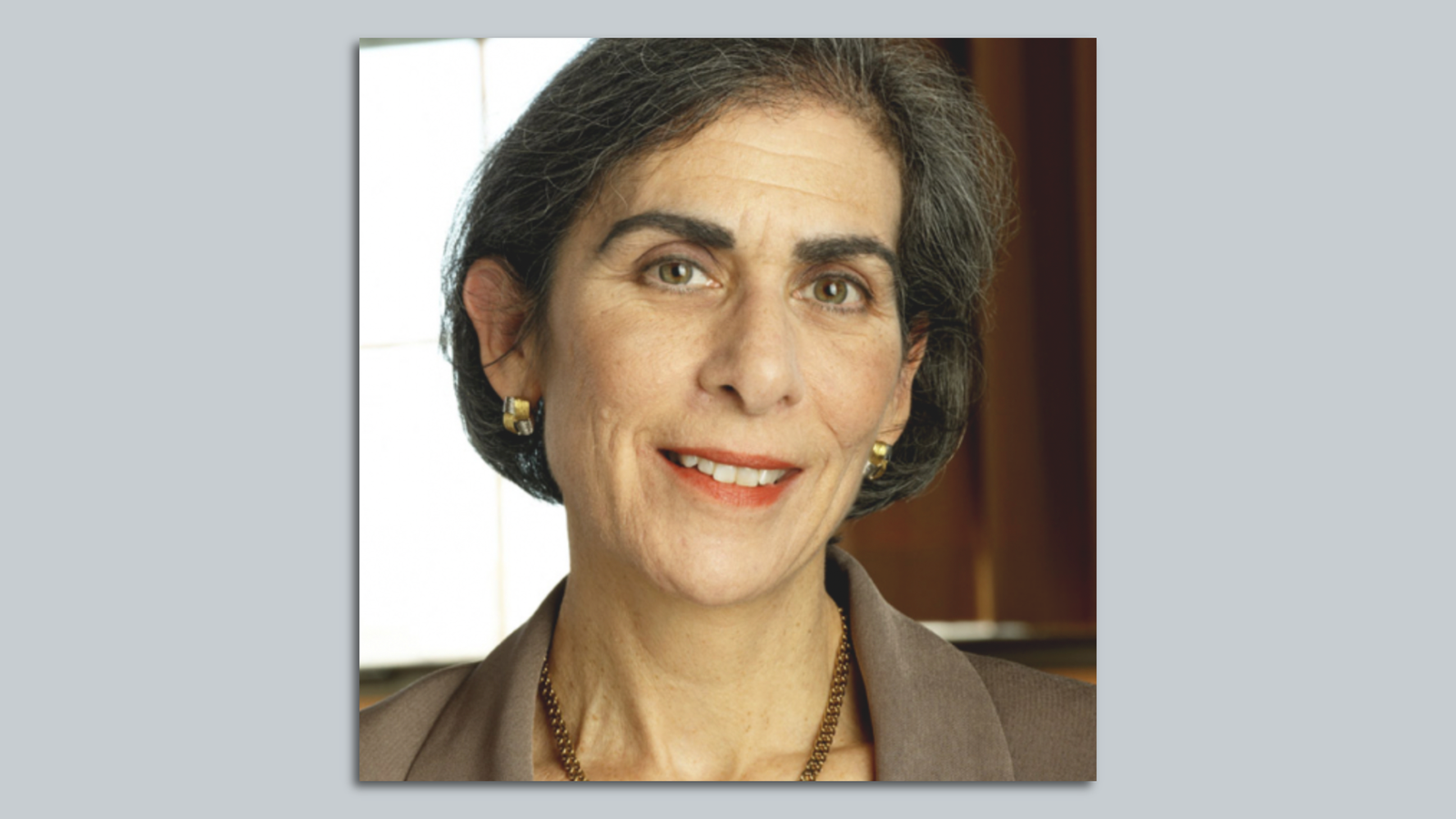Recent Developments in the Amy Wax Case at the University of Pennsylvania
The ongoing saga surrounding Amy Wax, a tenured law professor at the University of Pennsylvania, has taken a significant turn as the university has decided to impose major sanctions against her. This decision comes after years of controversy stemming from her public statements and classroom conduct, which have been described as racist, sexist, and offensive.
Background on Amy Wax
Amy Wax has been a faculty member at the University of Pennsylvania since 2001. Over the years, she has garnered attention for her controversial views, particularly regarding race and immigration. Her remarks have sparked outrage among students and faculty alike, leading to calls for her dismissal. Despite this, Wax has maintained her position and tenure at the university.
Recent Sanctions Imposed
On September 23, 2024, it was reported that the Faculty Senate Committee on Academic Freedom and Responsibility upheld sanctions against Wax that had been recommended earlier in the year. These sanctions include a one-year suspension during which she will receive half pay. This decision was confirmed by both the previous and current interim presidents of the university.
Details of the Sanctions
- Suspension: Wax will be suspended for the 2025-2026 academic year.
- Half Pay: During her suspension, she will receive only half of her salary.
- Behavioral Violations: The sanctions were imposed due to her engagement in what the university described as "flagrant unprofessional conduct". This includes making sweeping generalizations about various groups based on race, ethnicity, gender, and immigration status.
Controversial Statements and Actions
Wax's history of controversial statements includes:
- Racist Comments: She has been accused of making derogatory remarks about Asian immigrants and claiming that Black students underperform academically.
- Inviting Controversial Speakers: Wax invited a white nationalist to speak in her class, which further fueled the backlash against her.

Faculty and Student Reactions
The decision to sanction Wax has been met with mixed reactions. Some faculty members and students have expressed support for the sanctions, arguing that her comments undermine the university's values and create a hostile environment for students. Others, however, view the sanctions as an infringement on academic freedom and free speech.
Legal and Procedural Challenges
Wax has challenged the sanctions, alleging that the procedures followed by the university were flawed. She claimed that the sanctions were based on vague and undefined allegations and that the university failed to provide her with necessary information regarding the academic performance of her students.
The Appeal Process
Wax's appeal against the sanctions was rejected, and the findings of the Faculty Senate Committee are now considered final. This decision has raised concerns among some academic freedom advocates who fear that the case could set a precedent for how universities handle controversial speech and conduct by faculty members.
Media Coverage and Public Interest
The case has attracted significant media attention, with numerous articles published in outlets such as The New York Times, The Wall Street Journal, and Philadelphia Inquirer. The coverage has highlighted the broader implications of Wax's case for academic freedom and the challenges faced by universities in balancing free speech with maintaining a respectful and inclusive environment.
Key Articles and Sources
- Penn's Amy Wax punished for statements but won’t lose job - Inside Higher Ed
- Penn to impose major sanctions on law professor Amy Wax - The Daily Pennsylvanian
- Penn Suspends Law Professor Amy Wax Over Claims of Racist, Offensive Comments - The Wall Street Journal
/cloudfront-us-east-1.images.arcpublishing.com/pmn/CGPREMTZNFDMVAYAECYXKURI2U.jpg)
The case of Amy Wax at the University of Pennsylvania serves as a critical example of the ongoing tensions between academic freedom and the need for universities to uphold standards of conduct that foster a respectful learning environment. As the situation continues to unfold, it will be essential to monitor how the university and the broader academic community respond to the challenges posed by controversial speech and the implications for faculty rights and responsibilities.
The outcome of this case may have lasting effects on how universities navigate the complex landscape of free speech, academic integrity, and the responsibilities of educators in today's increasingly polarized society.





